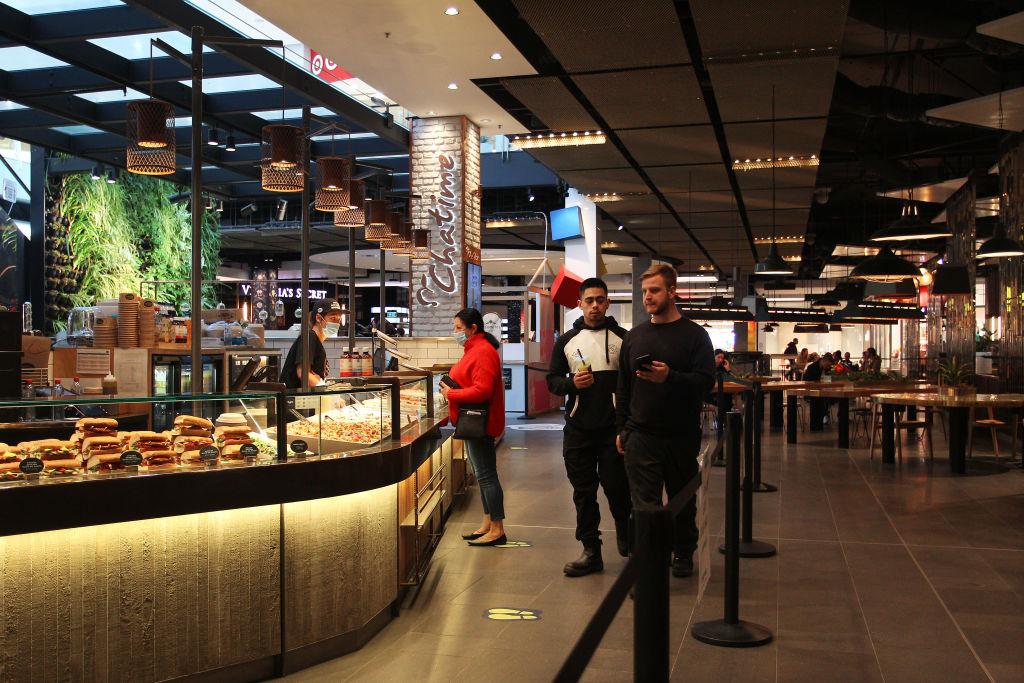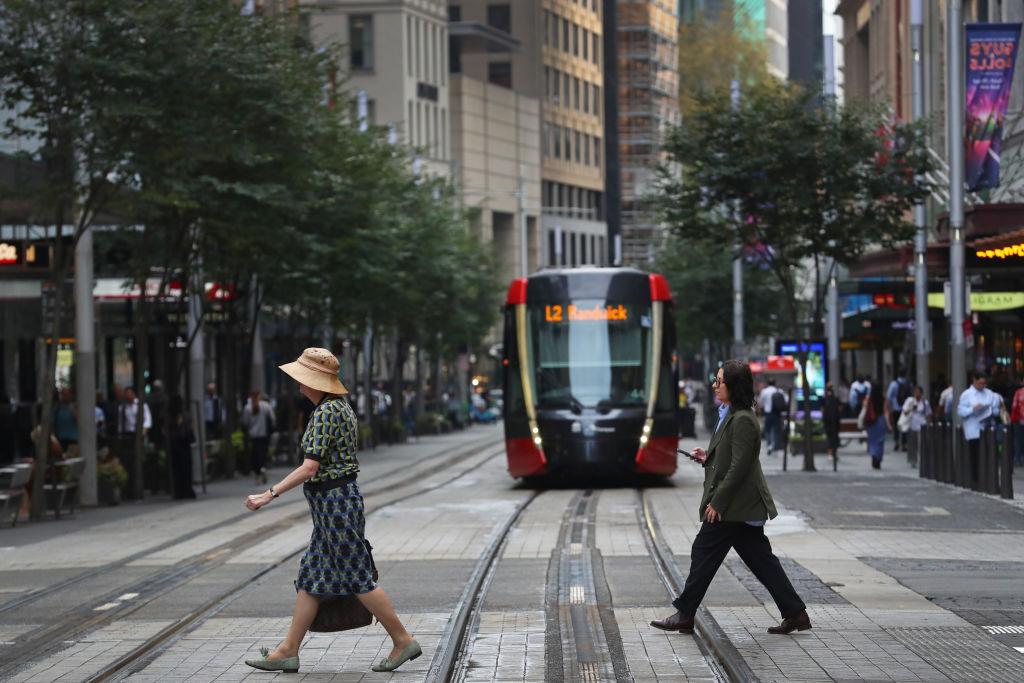Retailers and accountants flagged the federal budget’s lack of support for small businesses, especially amid a cost-of-living crisis.
“In our pre-budget submission, we encouraged the government to expand the small business tax rate of 25 percent to include medium size businesses with revenue up to $100 million, from the current threshold of $50 million, and we’re disappointed this wasn’t adopted,” Paul Zahra, CEO of Australian Retailers Association (ARA), said.




